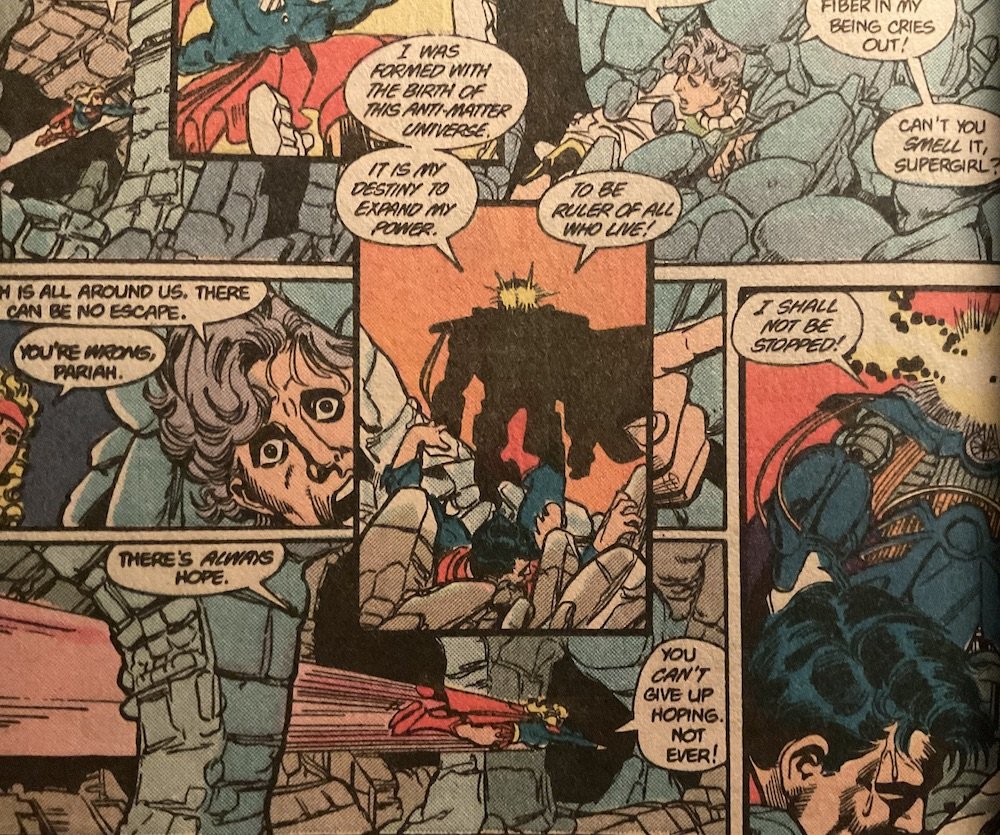CHECKMATE, Vol. 3, No. 5 (Bendis / Maleev; DC, 2021)
Every Wednesday morning, I make a blind pull from Siri's (randomized) choice of one of the 20 alphabetically-organized shortboxes that constitute my comics collection, (re-)read it, write about it, and publish whatever emerges. Earlier installments live here.
(Box06): "It's stress banter... let it happen": has there ever been a more self-aware line in Bendis's career?
On paper and in theory this pairing should work: Bendis and Maleev doing spy stuff in the DC Universe (so far my only exposure to Bendis's tenure in this particular sandbox) with a fantastic cast of characters, including three of my favorites (The Question, Damien Wayne, and Kate Spencer).
And the series as a whole does, indeed. work.
But.
CHECKMATE works only once Bendis gets out of his own way and moves the thing along; so much of this issue was spent tripping over himself to extend something out to six issues that should've been done in four that I can't see the footprints.
Not like that that's nothing new for Bendis: it's been a common complaint over the entirety of his career. Decompression, etc etc etc...
But I've two more that irk me more than I'd like: One, everyone sounds the same, as though I'm reading Bendis having fun with action figures (that, thanks to Alex Maleev, look really fucking good) and doing the voices in a really cool setting. And there's nothing wrong with that.
Banter has its place – ULTIMATE SPIDER-MAN, anyone? – but not as the defining rhythm of indistinguishably clever people.
Which brings me to my second problem: it's been the same thing for the last 20-some years. No surprises, nothing new, nothing interesting – replace one set of characters with another and do the Bendis banter-clever people / Mamet thing (I hold a similar ire for much of Joss Whedon's work), ad infinitum. What once was exciting and fresh is now, as per the usual cycle, dreadfully common.
The times that I've truly loved Bendis – ALIAS, DAREDEVIL, and TORSO, in particular – are the times that he was in a more grounded format with real(ish) people up against seemingly insurmountable odds, most of them brought upon themselves. I'd love for him to go back there, try something new by mining the past; hell, use a silent protagonist.
I've little faith that that will actually happen but hey, if Maleev is along, it will, at least, look really REALLY good.

